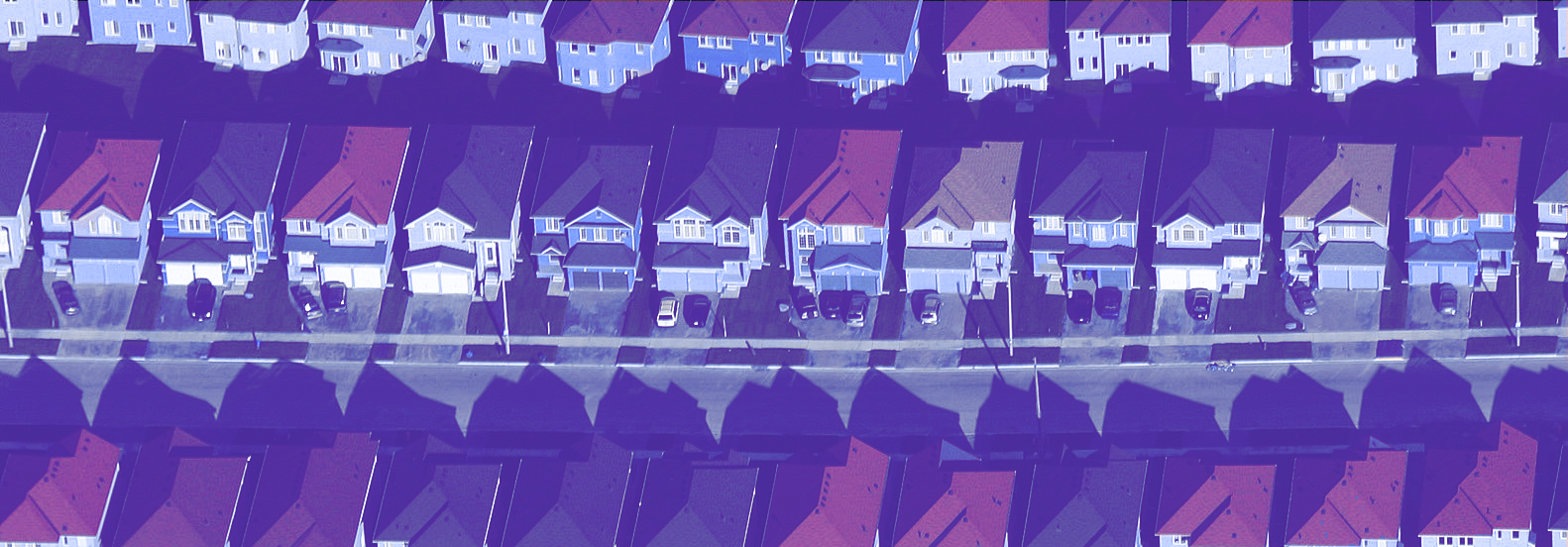Digital Spaces // Topical Neighborhoods
This project combined conversations with WMF employees and global volunteers with a literature review to support the internal conversation around the Digital Spaces // Topical Neighborhoods proposal.

Overview
The Topical Neighborhoods // Digital Spaces initiative, emerging out of ongoing efforts by the Growth and Campaigns Teams, is intended to address a number of hurdles that are widely regarded as impeding the broad WMF organizational goals of editor retention and community growth. These hurdles confront new editors especially, although they also limit experienced editors, and they include deciding:
1. How can editors figure out what edits to make?
2. How can editors get help or access mentorship?
3. Where do they belong on Wikipedia?
Topical Neighborhoods aim to help editors answer these questions by allowing them to organize their activity and relationships around topic-derived “neighborhoods” of articles. This research effort relied on conversations with WMF employees and global Wikipedians about the Topical Neighborhoods initiative, as well as the state of WikiProjects on the Korean and Arabic Wikipedias. This research synthesized these conversations in light of external scholarship.
Top High-Level Takeaways:
- Wikiprojects are an enduring, successful structure that has been adopted in most Wikipedias. At their best, Wikiprojects already resemble “neighborhoods”.
- The best-functioning Wikiprojects are distinct: the most “effective” ones are characterized by egalitarian communication between members and “unstructured collaboration”.
- Most WikiProjects fall short of the ideal, however, and are characterized by a lack of support for communication, widespread dormancy, and being difficult to discover.
- Personally welcoming newcomers encourages identity-based commitment to a community, but “canned” welcome messages are not necessarily helpful. Legitimate peripheral participation, or “lurking”, is a safe way for newcomers to learn local norms, and build trust.
- Potential new members of online communities orient to features intended to form part of Topical Neighborhoods, including leaderboards, article lists, etc.
- The Digital Spaces // Topical Neighborhoods initiative holds a great deal of promise for new and established editors alike, and is in line with existing scholarship on retention in online peer-production communities.